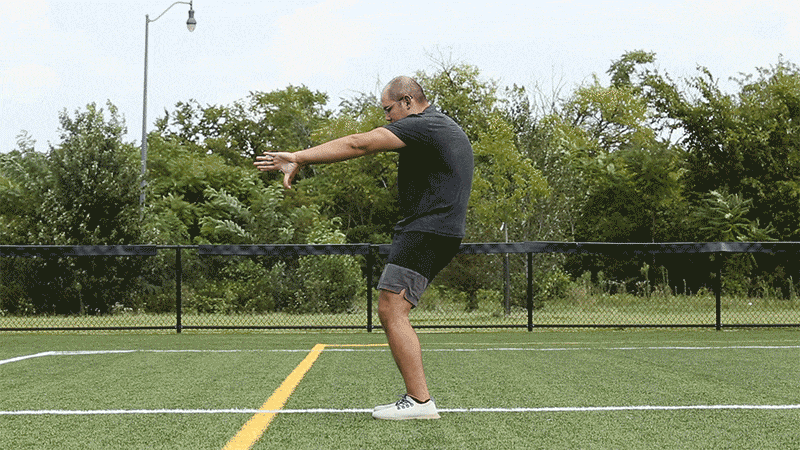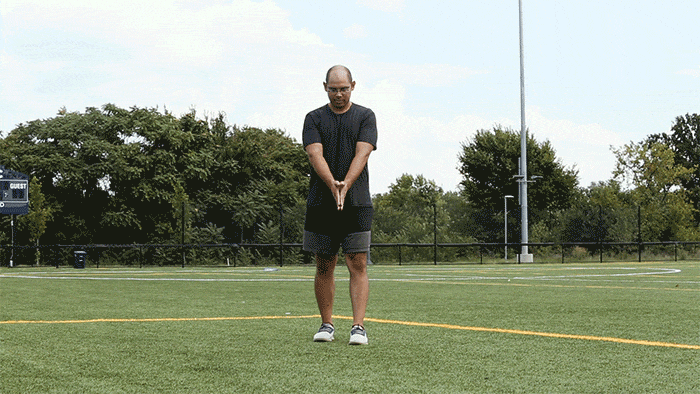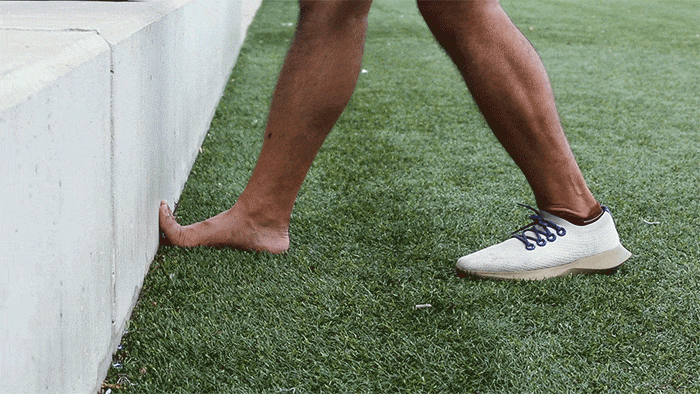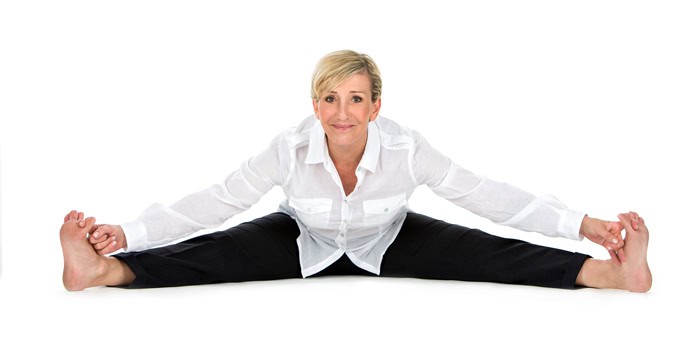What if there was a way to prevent chronic pain before it hits? Chronic pain is not only annoying but debilitating. Vinh Pham, a physical therapist, new book “Sit Up Straight: Futureproof Your Body Against Chronic Pain with 12 Simple Movements” does precisely that. He shares a set of exercises to prevent chronic pain due to injury, bad posture, etc., and how to relieve it. He states that consistently practicing these movements can extend your range of motion and increase flexibility.
“There’s research to support the decrease in the incidence of chronic pain with the addition of exercise,” says Christopher Bise, a professor at the University of Pittsburgh’s School of Health and Rehabilitation Sciences. “Exercises that are going to balance the body front to back [such as mobility training] are going to be the ones that help over time.”
One form of bad posture most of us deal with is computer slouching. Computer slouching is hunching over computers, tablets, and laptops, which causes your head to come down and forward and your shoulders rounded. You probably slouch without realizing it, especially if most of your day is behind a computer. Computer slouching causes bad posture because the muscles in the front of your shoulders become tighter and shorter, and the muscles in the upper back become overstretched and weaker.
Here are Pham’s top exercises to prevent and relieve computer slouching pain.
Top 4 Exercises to Prevent and Relieve Computer Slouching Pain
Rotate Your Spine – This movement seeks to relieve that stress and encourage flexibility by mimicking the natural movements of the spine — side bending, bending backward, and rotating.

Floss Your Spine – This exercise also helps to relieve the stress of the slouch position you may find yourself in a while working at your desk. But instead of rotating your spine, as you did in the last movement, you’re going to move your upper torso forward and backward — exposing your spine to the opposite motion of hunching over.

Teach Your Body How to Bend Safely – This exercise aims to protect the lower back from those movements by mobilizing your hamstrings and your sciatic nerve, which runs from your lower back down your hips and hamstrings.

Extend Your Big Toe – This exercise, called the Big Toe Extension, aims to relieve or guard against discomfort you might feel in your foot and calf.
So, try these moves out the next time you find yourself slouching behind that monitor or before you log onto a computer. You’ll be happy with the way your body feels!




















Discussion about this post